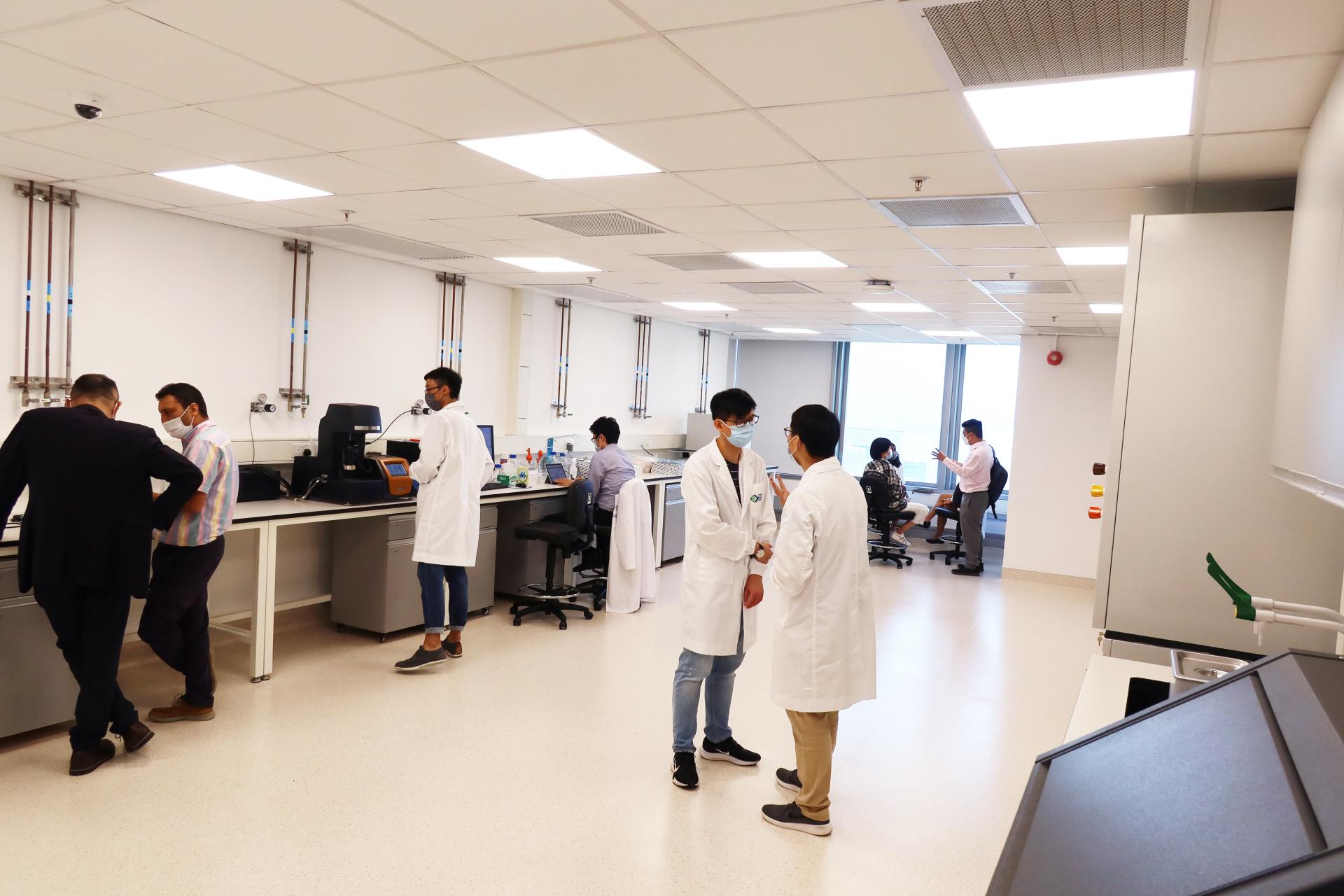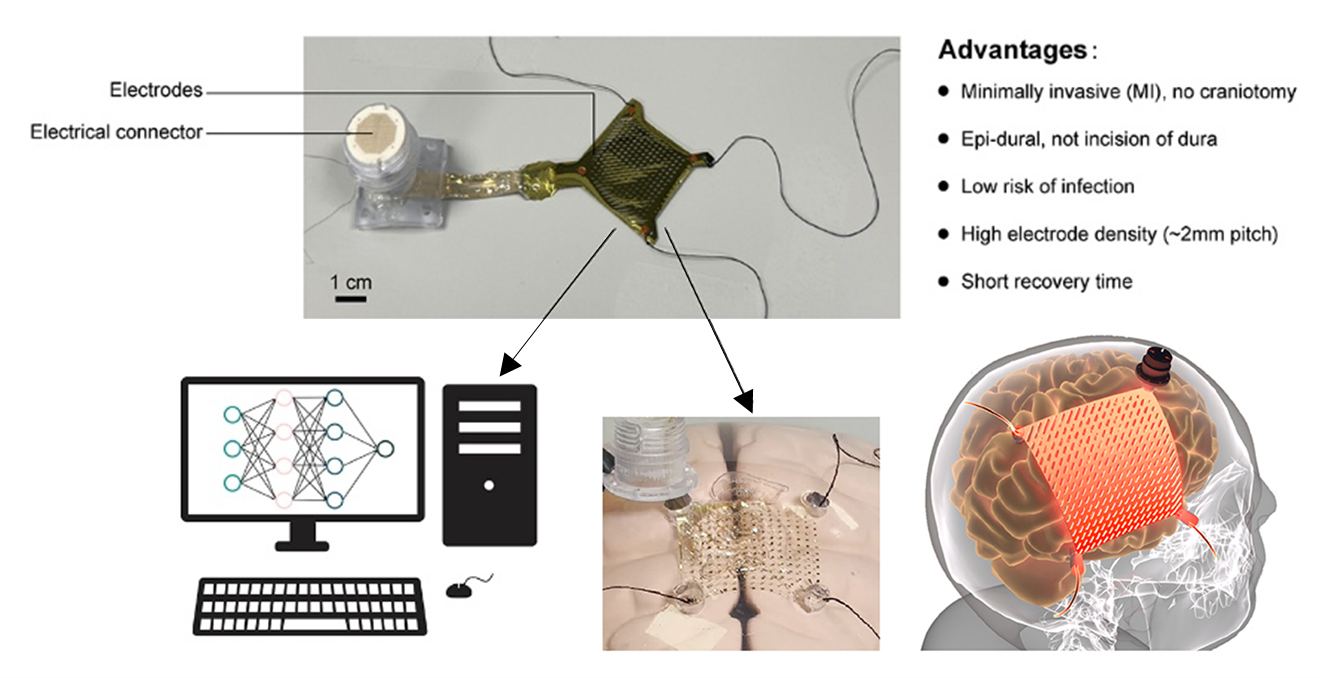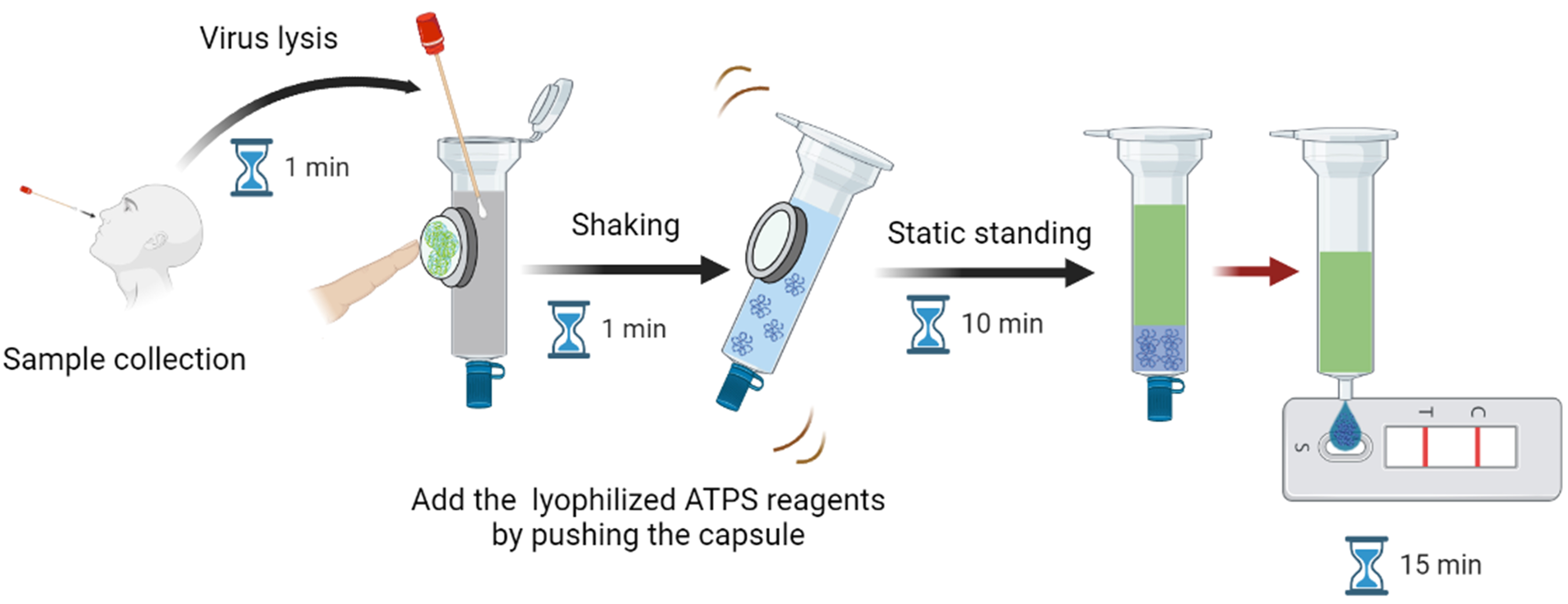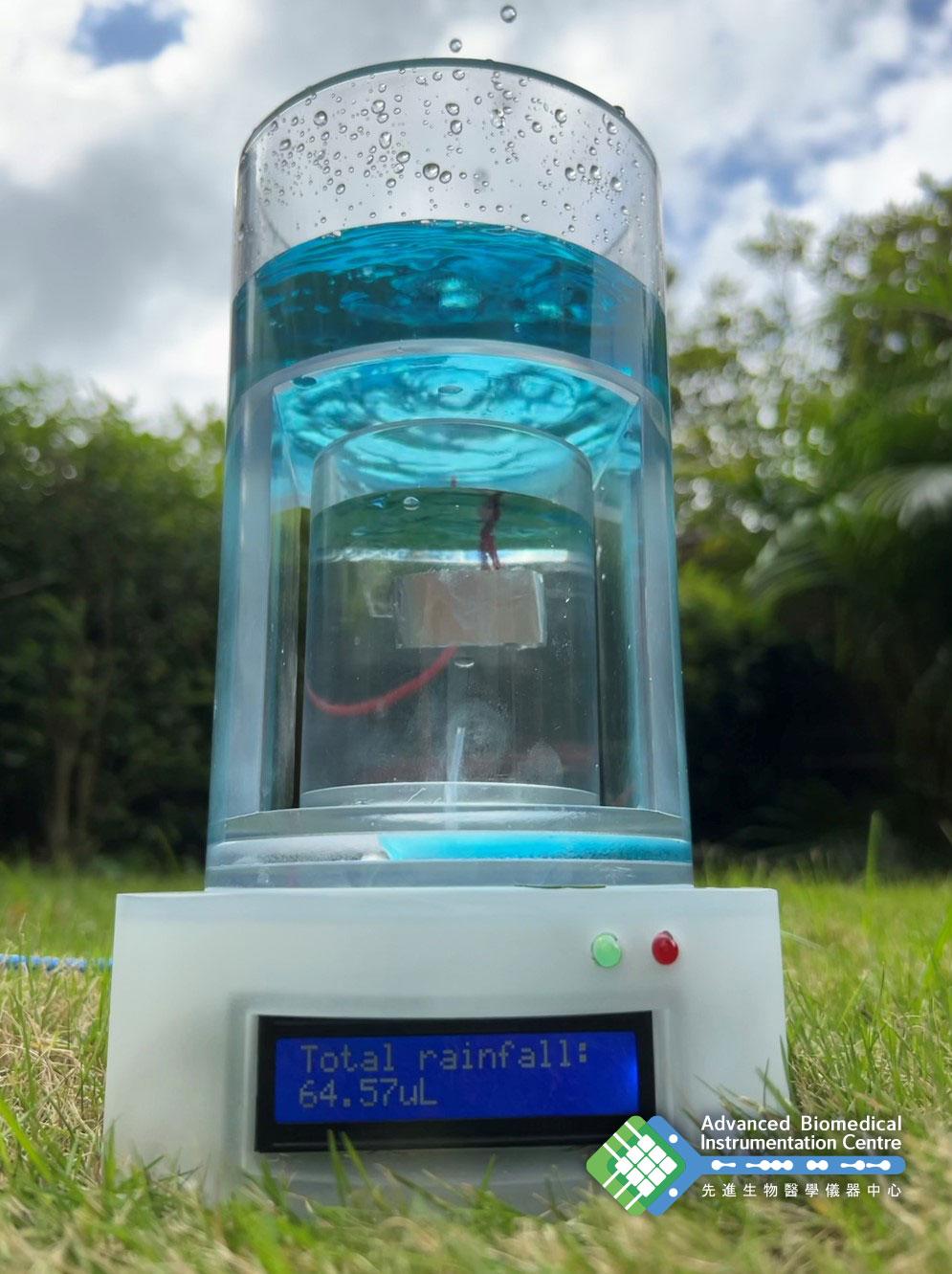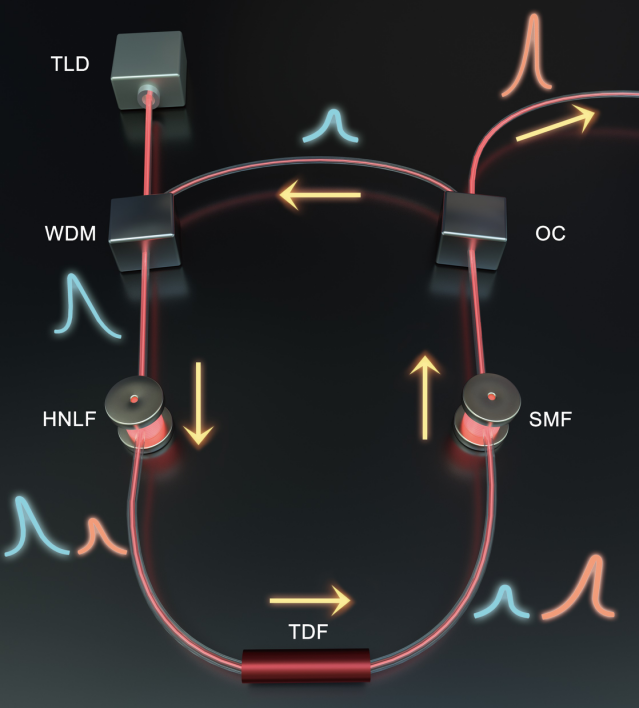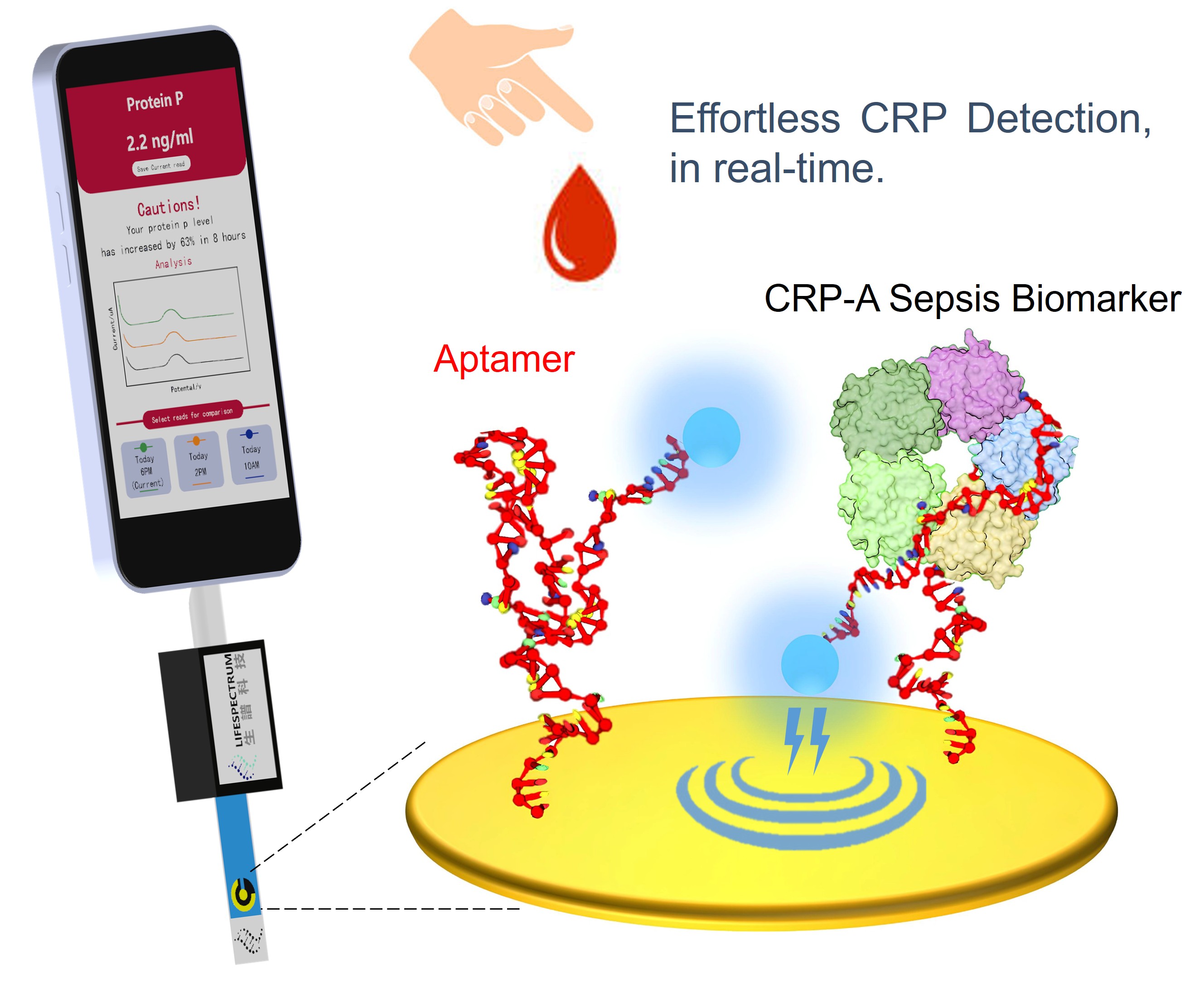
Minimal Invasive Subdural Electrocorticographic Brain-Computer Interface

This invention develops a deployable bidirectional, guidewires-driven brain-computer interface (GD-BCI) system operated via mechanically controlled guidewires and methods for minimally invasive implantation. The GD-BCI system can be implanted into subdural space through several millimetre-scale craniotomies, offering a large coverage and high electrode density.
The GD-BCI system minimizes risks associated with the traditional brain surgeries such as tissue damage and infection, making it safer and more acceptable for patients. This is also presenting a unique combination of safety, precision, and effectiveness in brain-computer interfacing previously unattainable.
- Minimal invasive procedures: It is a new process with a new composite material. This method facilitates extensive brain coverage up to 9 sq. cm and high electrode density up to 28 electrodes per sq. cm through minimally invasive procedures.
- Excellent neural decoding capabilities: The GD-BCI system showcases its chronic neural signal recording, cortical electrical stimulation and acute neural decoding capabilities within the canine motor cortex.
- Minimal cerebral damage: This method advances the safe clinical application of BCI technologies with minimized cerebral damage and complication risks, enhanced ECoG signal quality, and improved bidirectional communication performance.
- Clinical data collections in the areas of visual, sensorimotor, and auditory neuroprostheses
- Detection and treatment of epilepsy and Parkinson’s disease
- Fundamental neuroscience research
Patent
- Patent Pending
Advanced Biomedical Instrumentation Centre
Biomedical instrumentation plays a critical and increasing role, albeit invisible to most people, in the healthcare industry by enabling more accurate diagnoses, effective treatments, and earlier intervention and prevention capabilities. Advancing the development of cutting-edge medical devices, actuators and sensors requires collaboration among talented scientists, engineers and clinicians, as well as an environment that facilitates the commercialisation of research results into real-world applications that are accessible to a broader population.
The mission of the Advanced Biomedical Instrumentation Centre is to accelerate progress in translating advanced biomedical instrumentation from research and development into real-world healthcare solutions that benefit people in Hong Kong and around the world. The Centre aims to foster collaboration among top-notch engineers, scientists and clinicians in the US and Hong Kong to develop next-generation microfluidics and low-cost instrumentation technologies. It also takes advantage of Hong Kong’ s vibrant start-up community to commercialise the research work tailored for Asian patients.
